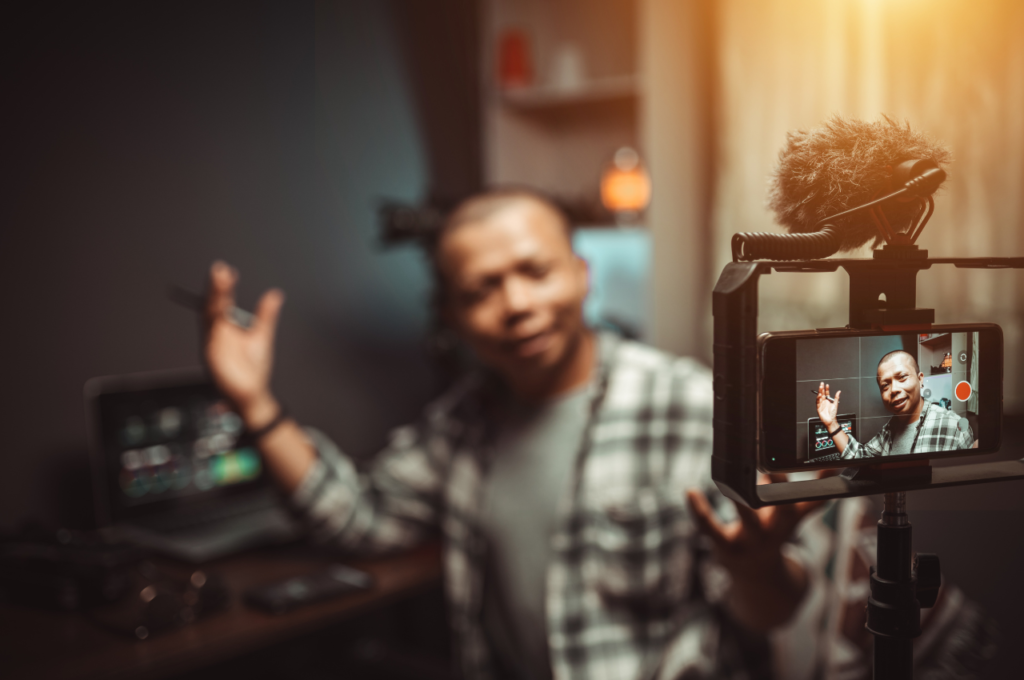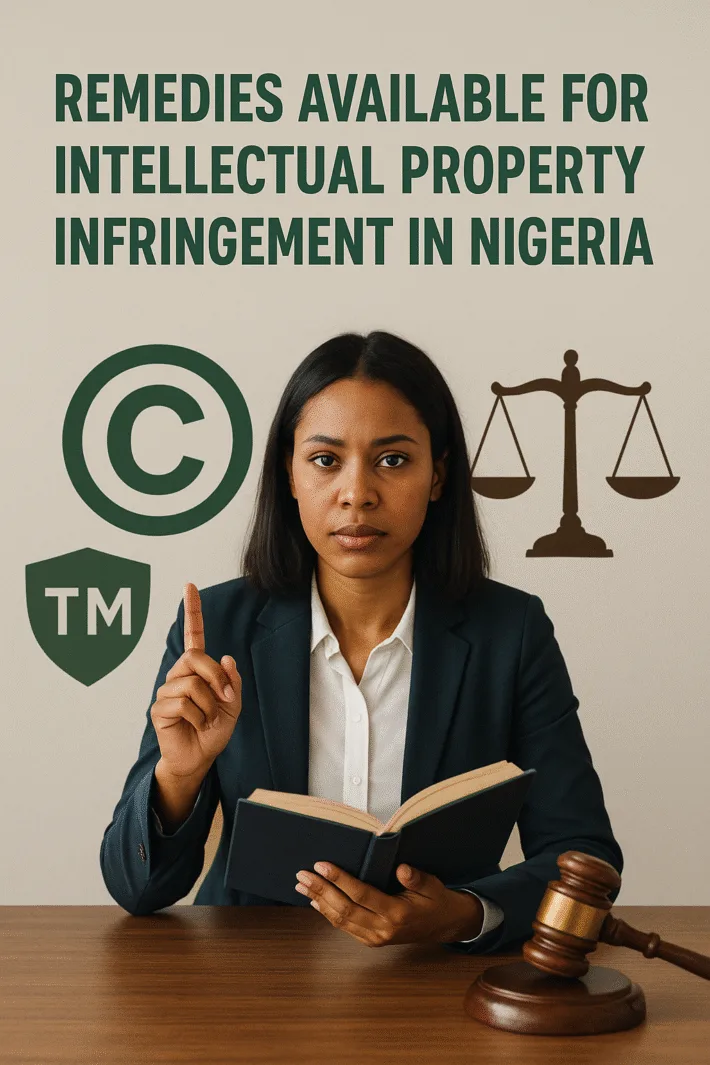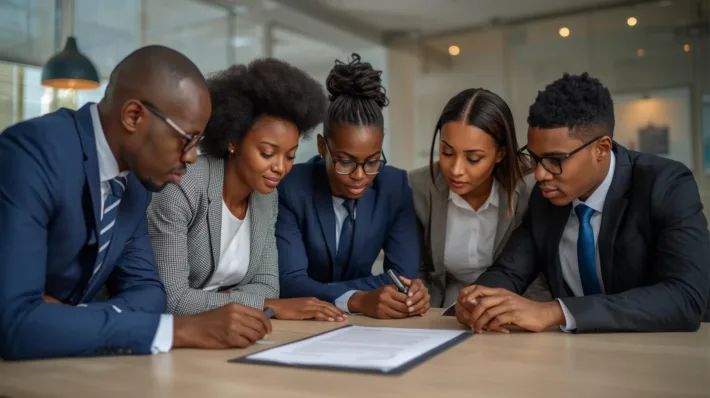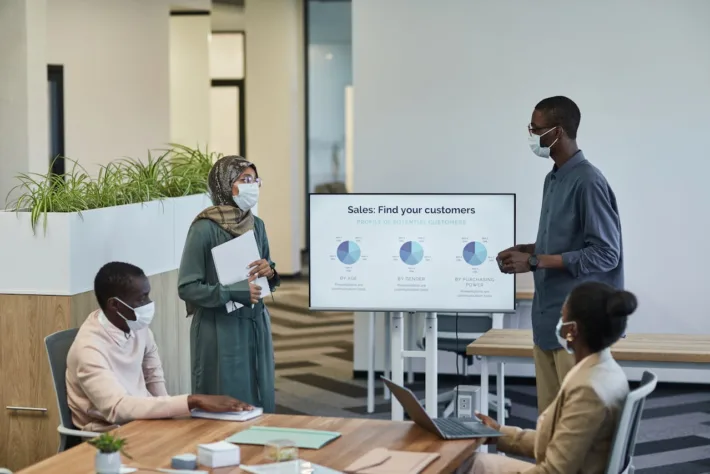Protecting the rights of Creators and Digital Influencers

Legal Frameworks and Emerging Trends in the UK, Ghana and Nigeria
This article explores the legal frameworks and emerging trends in the UK, Ghana, and Nigeria. It is aimed at safeguarding the interests of these digital pioneers.
With the digital revolution reshaping the media landscape globally, creators and digital influencers have become pivotal in content dissemination and brand engagement. Their innovative contributions drive culture and commerce. This makes it essential to protect their rights across various jurisdictions.
Legal Frameworks
In the UK, creators and influencers enjoy strong legal protections under the Copyright, Designs and Patents Act 1988. This law allows creators to maintain control over their content and guard against unauthorized use and piracy.
Nigeria’s intellectual property rights are governed by laws such as the Copyright Act of 2004. This act protects creators, including digital influencers, enabling them to monetize content and prevent unauthorized use.
Ghana’s legal landscape for protecting creators is evolving, with the Copyright Act 2005 (Act 690) being the cornerstone. This act provides comprehensive coverage for works of art, literature, and digital content, ensuring creators can claim ownership and benefit financially from their creations.
Influencer Contracts
Digital influencers in the UK often engage in contracts with brands that outline terms of collaboration, compensation, and usage rights of the content created. The Advertising Standards Authority (ASA) regulates advertising practices, ensuring transparency and honesty in influencer marketing.
The rise of digital influencers in Ghana is relatively recent, and while there is no specific legislation for influencers, general contractual law governs their engagements with brands. Influencers must ensure their contracts clearly define content rights, payment terms, and obligations.
Nigeria’s influencer ecosystem is vibrant, with many influencers leveraging social media platforms to reach large audiences. Contracts between influencers and brands are often bespoke, detailing the scope of work, remuneration, and content ownership.
Challenges
Despite these protections, UK creators face challenges such as content theft and the complexities of navigating international copyright laws. Ongoing education and legal support are critical for creators to fully understand and leverage their rights.
Ghanaian creators and influencers often struggle with enforcing copyright laws due to limited resources and lack of awareness. Enhancing legal literacy and establishing stronger enforcement mechanisms are crucial for better protection.
Although Nigeria has a legal framework for copyright, enforcement is often inconsistent, resulting in content theft and insufficient compensation for creators. To address these issues, it is essential to strengthen enforcement and offer legal support to influencers.
In Conclusion
Protecting the rights of creators and digital influencers in the UK, Ghana, and Nigeria requires strong legal frameworks, effective enforcement, and ongoing education. As the digital landscape evolves, mechanisms to safeguard these content creators must also adapt. A supportive environment ensures creators and influencers thrive, driving cultural and economic growth in these regions.

As a lawyer specializing in corporate practice, media & entertainment law, and contract drafting, I help businesses navigate legal complexities with clarity and efficiency.




